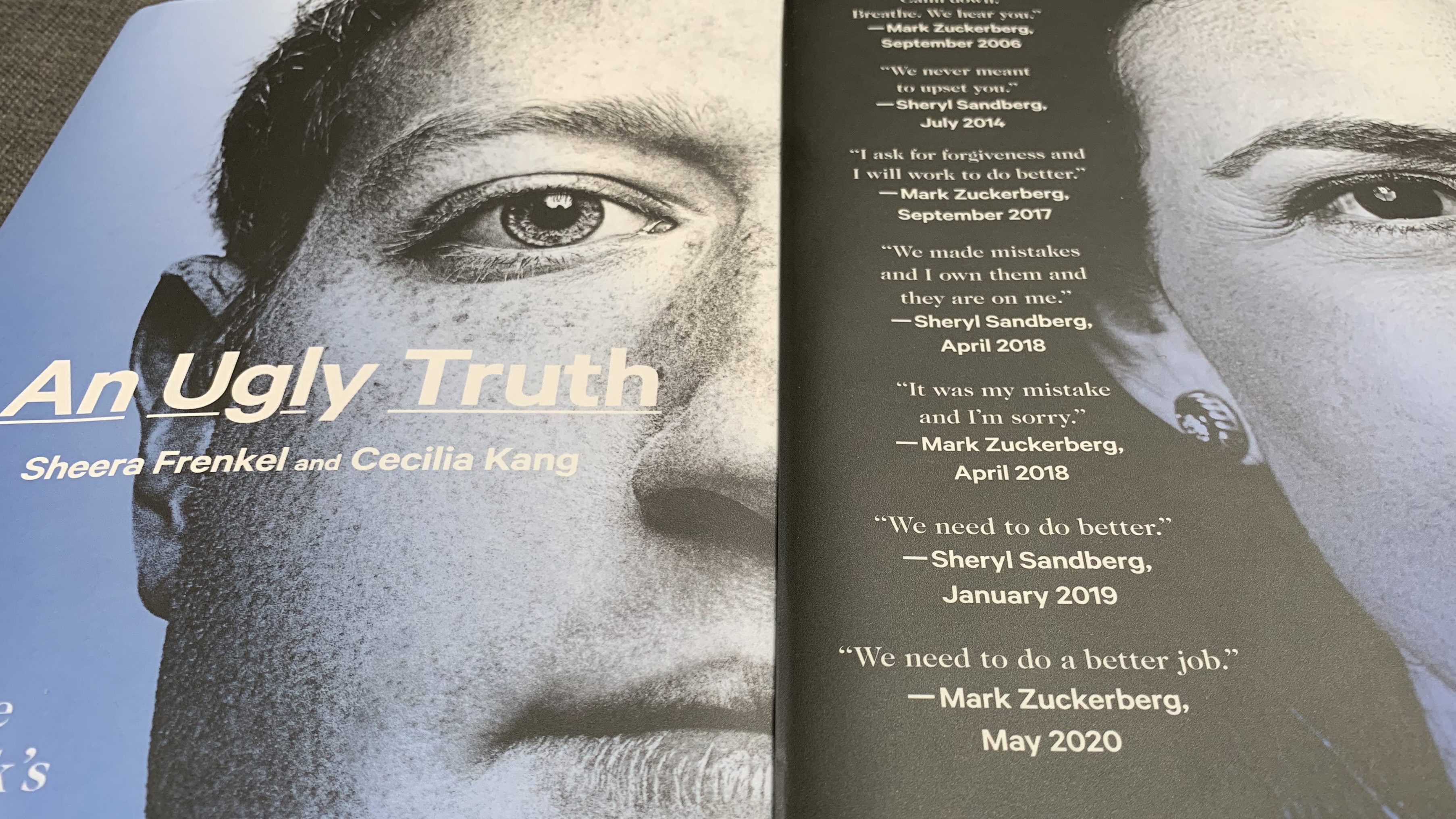A pioneer of Direct-to-Consumer (DTC) has left us but his legacy will live as long as there are people and companies that want to sell to other people and other companies.
I got to know Ron back in 1982. A long-time friend of mine, a fine graphic designer who had helped him create spec sheets and promotions for many of his products, needed a medical procedure that was going to prevent her from helping him out for a while. She turned to me to ask if I would step in and fill in for her until she could resume her usual activities on his behalf. I said I would be happy to do so.
She brought me to his home and office complex off Coldwater Canyon and introduced us. In the few weeks that followed I helped Ron introduce the Rat X pest eliminator, the Whiskee cordless and rechargeable kitchen whisk (“If you cook or bake, you need one!”), and assisted on some other products as well. That man was truly a ball of energy and remarkably creative.
I did the pre-production marker comp packaging for the Rat X that was going to be shown to the distributors and I wrote all the recipes for the Whiskee recipe book, which I designed, along with a full-page ad for Bon Appetít.
It was a brief tenure but I learned a lot about sales and media from him at a time when I was a full-time creative director for a small Hollywood ad agency. I still apply those lessons today and I am forever grateful to the friend who made it possible and to Ron for schooling me.
Adweek, Ad Age, the Wall Street Journal, and others have published obituaries on him and I am taking the liberty here of publishing two URLs of YouTube videos starring Mr. Popeil.
One is a segment from an appearance he made on Conan O’Brien’s show:
The other is a video interview that Adweek included with its coverage:
I hope you enjoy them as much as I did.

 KAREN HAO
KAREN HAO